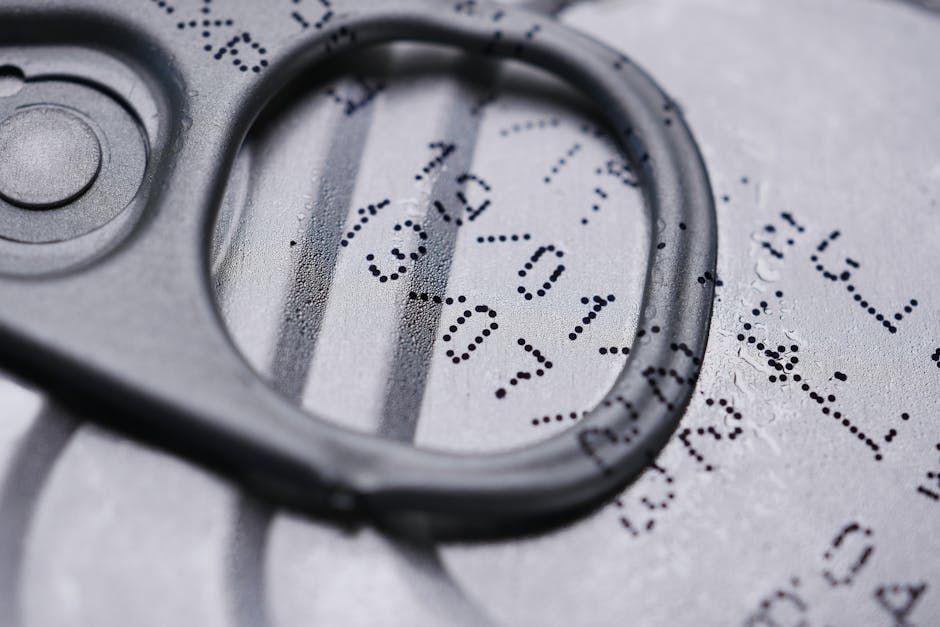Premortem Diagnosis: Can Mesothelioma Be Diagnosed Before Death?
Mesothelioma, a rare and aggressive cancer, often leaves individuals and their loved ones grappling with questions about diagnosis and treatment. One key inquiry is whether mesothelioma can be diagnosed before death. In this blog post, we’ll explore this topic, shedding light on the intricacies of mesothelioma diagnosis, potential early detection methods, and the importance of timely intervention.
Table of Contents
1. Understanding Mesothelioma
2. Diagnosing Mesothelioma: Early Detection Possibilities
3. Signs and Symptoms
4. Importance of Early Diagnosis
5. Conclusion
6. FAQ
Understanding Mesothelioma 🩺
Mesothelioma is a type of cancer that affects the mesothelium, a thin layer of tissue covering most internal organs. The most common form is pleural mesothelioma, which impacts the tissue surrounding the lungs. This disease is notoriously linked to asbestos exposure, often surfacing decades after initial contact. Understanding the nature of mesothelioma is crucial in appreciating why early diagnosis is challenging yet vital.
Diagnosing Mesothelioma: Early Detection Possibilities 🔍
Early detection of mesothelioma is difficult due to its subtle and non-specific symptoms, which often mimic less severe respiratory conditions. However, advancements in medical technology and awareness have paved the way for better diagnostic tools:
1. Imaging Tests: X-rays, CT scans, and MRIs can reveal abnormalities in the chest or abdomen, prompting further investigation.
2. Biopsies: A biopsy, where tissue samples are taken for analysis, remains the most definitive method for diagnosing mesothelioma.
3. Blood Tests: Researchers are exploring blood tests that detect specific biomarkers associated with mesothelioma, though widespread clinical use remains limited.
Signs and Symptoms 🚨
Recognizing the signs and symptoms of mesothelioma can lead to earlier intervention. Some common symptoms include:
• Persistent cough
• Chest or abdominal pain
• Shortness of breath
• Unexplained weight loss
• Fatigue
If you or a loved one experience these symptoms, especially with a history of asbestos exposure, seek medical advice promptly.
Importance of Early Diagnosis ⏰
Early diagnosis of mesothelioma can significantly impact treatment outcomes. When detected early, patients have more treatment options available, which might include surgery, chemotherapy, and radiation. These interventions can improve quality of life and potentially extend survival.
Conclusion
While mesothelioma diagnosis before death is possible, it requires vigilance and awareness of the disease’s risk factors and symptoms. Early detection remains a critical factor in improving patient outcomes, underscoring the importance of regular medical check-ups for those at risk. As research continues, there is hope for even more effective diagnostic methods and treatments in the future.
FAQ ❓
Q1: Can mesothelioma be detected in routine check-ups?
A: While routine check-ups might reveal suspicious signs, specific tests are needed for a definitive mesothelioma diagnosis.
Q2: How long does it take for mesothelioma to develop?
A: Mesothelioma typically develops 20 to 50 years after asbestos exposure, making early detection challenging but essential.
Q3: Are there preventive measures for mesothelioma?
A: Avoiding asbestos exposure is the most effective preventive measure. Those with a history of exposure should monitor their health closely.
Q4: Is mesothelioma always caused by asbestos?
A: The vast majority of mesothelioma cases are linked to asbestos exposure, though rare cases may have other causes.
Q5: What should I do if I suspect mesothelioma?
A: Seek medical advice immediately. Early consultation with a healthcare professional can facilitate timely diagnosis and treatment.


